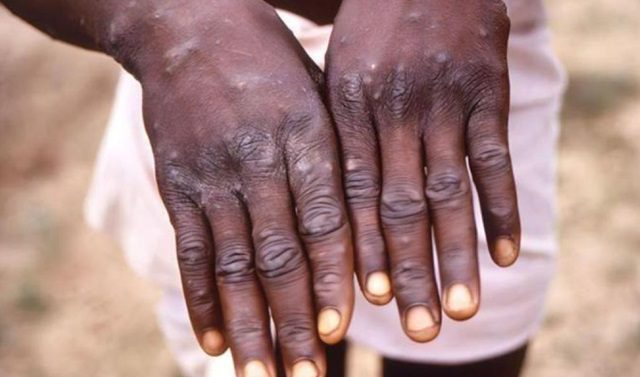BTN News: As concerns over the potential spread of the Mpox virus—commonly known as monkeypox—continue to circulate, Colombia has been quick to address and clarify the current situation, ensuring that the public remains informed and calm. Despite rumors of the arrival of a more virulent African variant of the Mpox virus, health authorities have confirmed that there is no epidemic in the country, with only one active case reported to date. Moreover, the country has not confirmed the presence of the highly contagious variant known as Mpox Clade IB, which has caused widespread alarm in several African nations and has only appeared in isolated cases outside the continent.
As of August 2024, the global count for this concerning variant stands at 14,630 cases, the majority of which are concentrated in the Democratic Republic of the Congo. A few other African countries, including Burundi, Rwanda, Uganda, and Kenya, have also reported cases. Notably, outside Africa, only Sweden and Thailand have documented cases, the latter being confirmed on August 22, 2024. In Colombia, the situation remains contained and under control. According to the National Institute of Health (INS), the country has only recorded one case of Mpox in August 2024, and overall, just 109 cases have been reported throughout the year. The authorities are actively reinforcing epidemiological surveillance and laboratory monitoring to ensure early detection and differentiation of cases.
Colombia’s approach is rigorous, particularly in the regions most affected by the virus, such as Bogotá, Antioquia, and Cali, which together account for nearly 85% of the total cases. The transmission of the virus in Colombia has predominantly occurred through sexual contact between men, a group that constitutes 81% of the cases reported. Fortunately, no fatalities have been linked to the virus during its circulation in Colombia, distinguishing the country’s situation from that in several African nations where the virus has caused more severe health impacts.
The INS has highlighted that the Mpox cases in Colombia are primarily associated with Clade II of the virus, a strain linked to lower severity and fewer complications compared to Clade I, which has significantly affected the Democratic Republic of the Congo. This difference in strain and impact underscores the variation in how the virus manifests in different regions. Importantly, Clade I has not been detected in the Americas, including Colombia, as confirmed by the Ministry of Health. This clade, known for its higher lethality and mutability, has shown signs of adaptation to human transmission, raising concerns about its potential to cause more severe outbreaks.
The progression of Mpox involves two phases: an initial prodrómic phase, marked by symptoms such as fever, swollen lymph nodes, headaches, and fatigue, followed by a rash phase, where the skin develops spots, pimples, vesicles, and pustules that eventually scab over. These symptoms typically appear on the face, hands, feet, and in areas involved in sexual contact. This pattern is consistent with what has been observed globally, but the containment efforts in Colombia have so far prevented the virus from becoming a widespread health crisis.
In contrast to Colombia, the situation in the Democratic Republic of the Congo remains dire. As of May 26, 2024, the country has reported 7,851 Mpox cases and 384 deaths, reflecting a mortality rate of 4.9%. The virus’s impact in Africa is further complicated by its spread to so-called “bridge populations”—including bisexual men, sex workers, women, and children—indicating less effective containment and a broader range of affected demographics.
Colombia’s efforts to manage and contain Mpox have so far been successful, aided by a robust healthcare response and targeted public health strategies. The situation remains fluid, but for now, the country has avoided the severe outcomes seen in other parts of the world, particularly in African nations battling more virulent strains of the virus. Public health officials continue to emphasize the importance of vigilance, early detection, and specialized care to keep the situation under control and prevent further spread.


